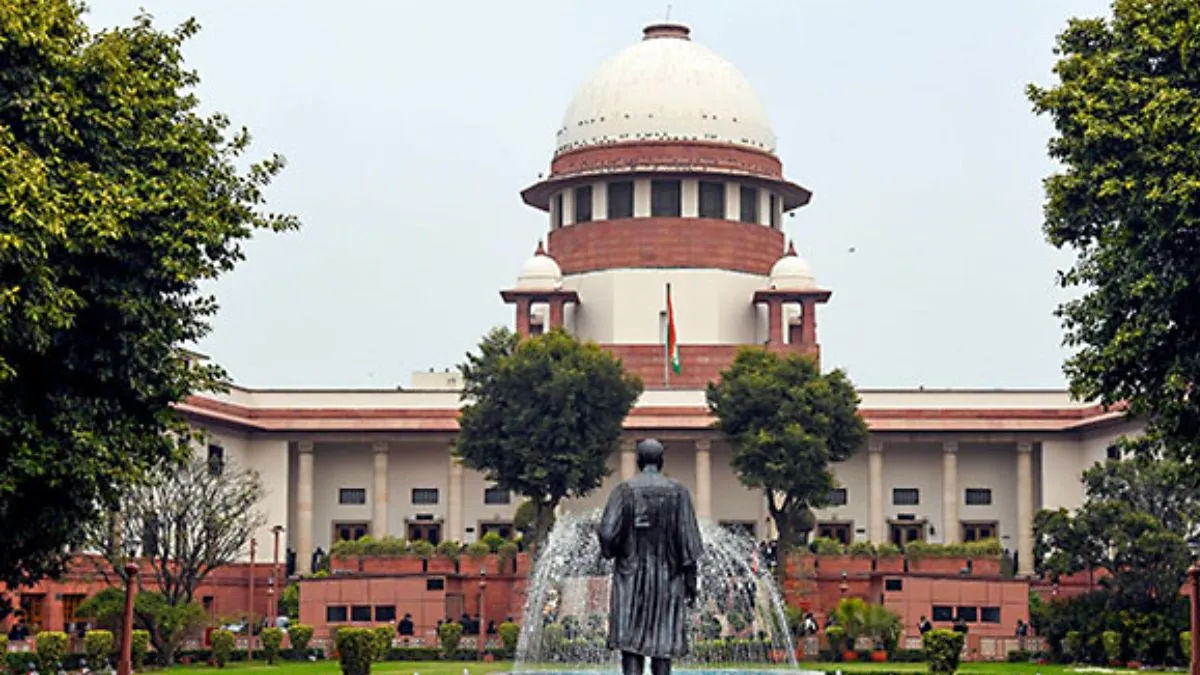- By Anushka Vats
- Tue, 16 Jul 2024 04:29 PM (IST)
- Source:JND
Union law minister Arjun Ram Meghwal on Tuesday informed that President Droupadi Mumru has appointed justices HN Kotiswar Singh and R Mahadevan as Supreme Court judges. The Supreme Court Collegium recently proposed Nongmeikapam Kotiswar Singh, Chief Justice of Jammu and Kashmir and Ladakh High Court, and R Mahadevan, Acting Chief of Madras High Court, for elevation to the highest court. Justice Singh will be the first judge from the State of Manipur to be appointed as a judge of the Supreme Court.
The Minister of Law and Justice, Arjun Ram Meghwal, stated on his X Post account, "In exercise of the powers conferred by the Constitution of India, President, after consultation with Chief Justice of India, is pleased to appoint the Justices N Kotiswar Singh, R Mahadevan as Supreme Court judges."
"His appointment as a Judge of the Supreme Court will provide representation to the North-East, and in particular, he will be the first judge from the State of Manipur to be appointed as a judge of the Supreme Court," stated the resolution of the Collegium.
The collegium consisted of Chief Justice of India DY Chandrachud and Justices Sanjiv Khanna, BR Gavai, Surya Kant, and Hrishikesh Roy.
Who Is Justice Kotishwar Singh?
- In February 2023, Singh was appointed as the Chief Justice. He assumed office on February 15, 2023.
- He is the first judge from the northeastern state of Manipur to be appointed to the Supreme Court.
- Justice Singh was born on March 1, 1963, in Manipur's Imphal.
- Singh's father, Justice N Ibotombi Singh of the Gauhati High Court, was the first Advocate General of Manipur.
- Justice Singh was appointed as an additional judge of the Gauhati High Court in 2011 before becoming permanent judge in 2012.
- In 2013, he was appointed as a judge of the Manipur High Court when it was established in 2013. After five years, in 2018, he was transferred to the Gauhati High Court. He was later promoted to the position of Chief Justice.
- For 25 years, he practiced civil, criminal, and writ cases, with an emphasis on indirect taxes, customs, and central excise.


